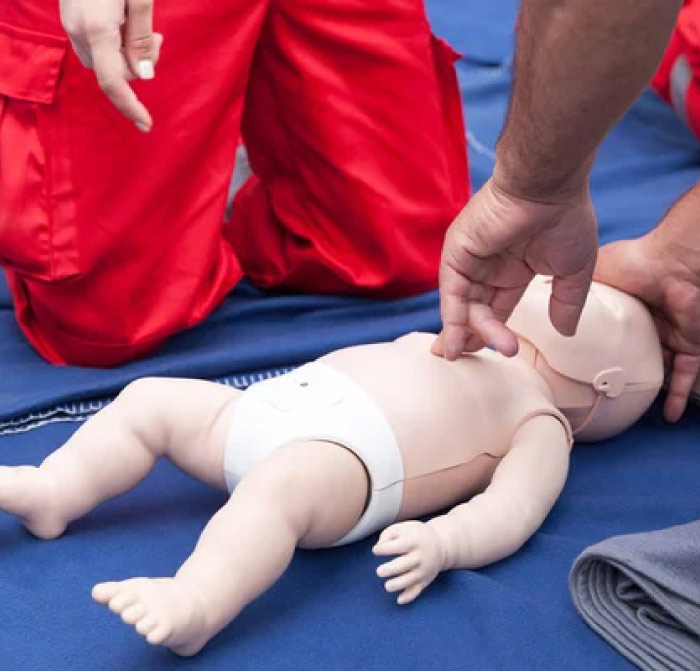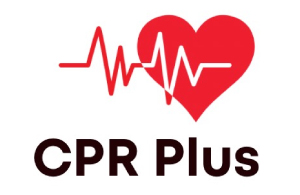Paving the Way for Pediatric Emergencies: PALS Certification at CPR Plus
PALS (Pediatric Advanced Life Support) certification equips healthcare professionals with the specialized skills and knowledge necessary to manage critical emergencies in infants and children. This comprehensive course, approved by the American Red Cross, American Heart Association, and HSI builds upon your existing BLS foundation and focuses on the unique physiological needs of pediatric patients.
PALS certification is essential for healthcare professionals who care for children, such as:
- Pediatricians
- Pediatric Nurses
- Emergency Room Staff
- Neonatal Intensive Care Unit (NICU) Staff
- School Nurses

CPR Plus’ PALS program features:
- Expert Pediatric Instructors: Our team of instructors includes experienced pediatricians, pediatric nurses, and critical care providers specializing in children’s health.
- Age-Specific Protocols: Learn how to assess, manage, and resuscitate infants and children of all ages, following specialized protocols tailored to their unique needs.
- Simulation Training: Practice your skills in realistic scenarios that replicate pediatric emergencies, building confidence in handling time-sensitive situations.
- Effective Communication Strategies: Develop effective communication skills to calm anxious children and collaborate with parents and caregivers during emergencies.
Investing in PALS certification demonstrates your commitment to providing specialized lifesaving care for infants and children. Contact CPR Plus today to schedule your training and become a leader in pediatric emergency response!
